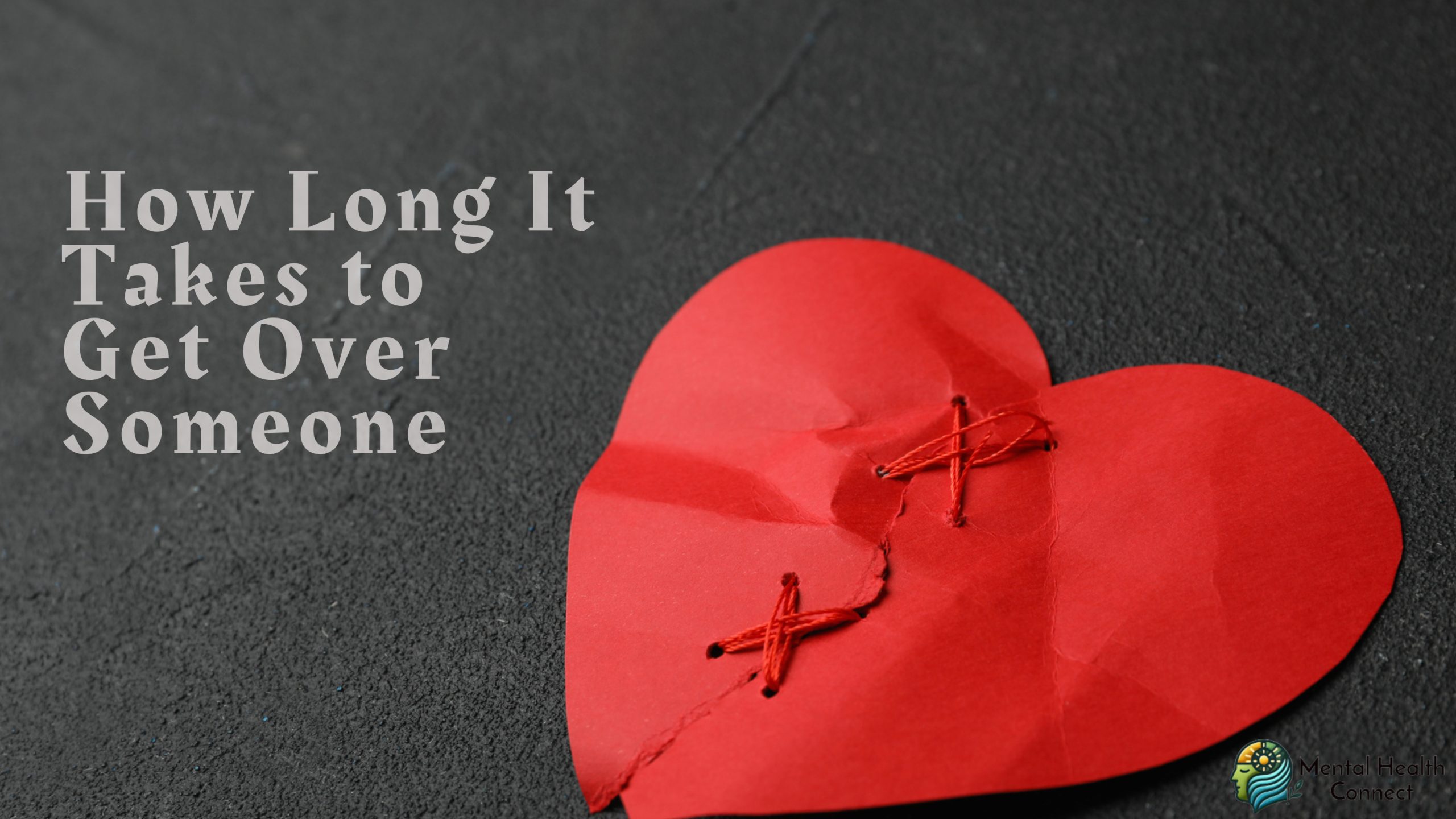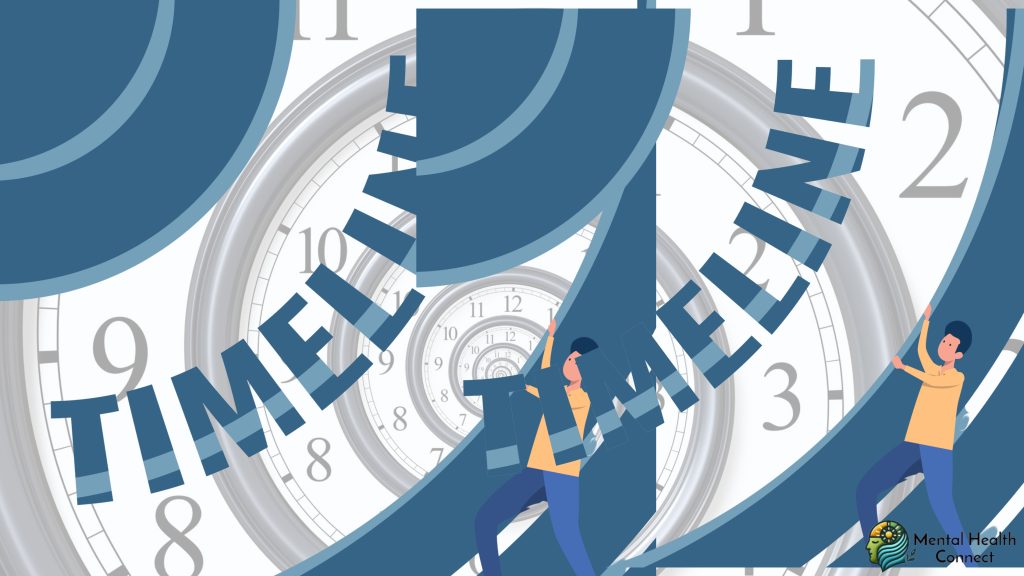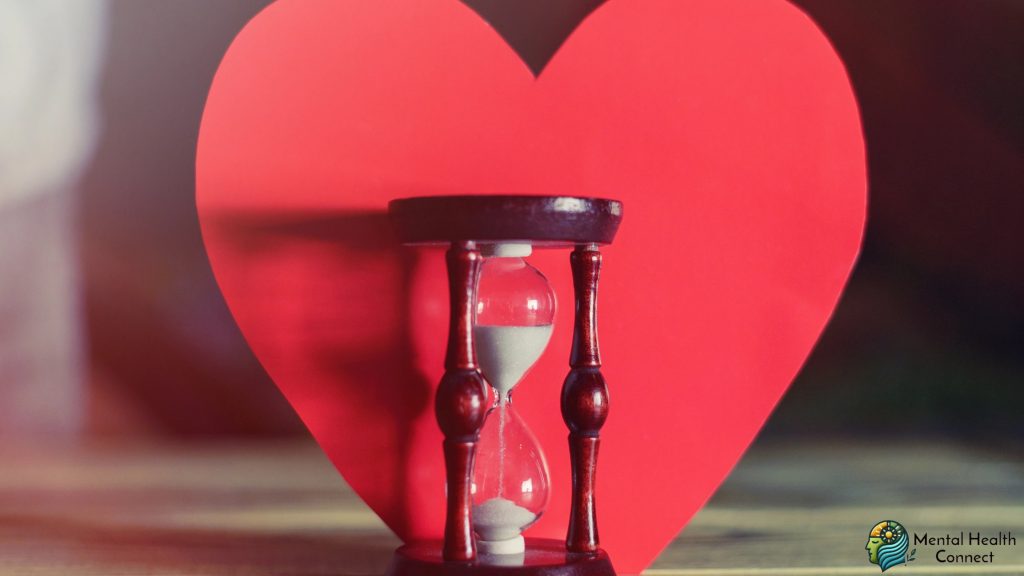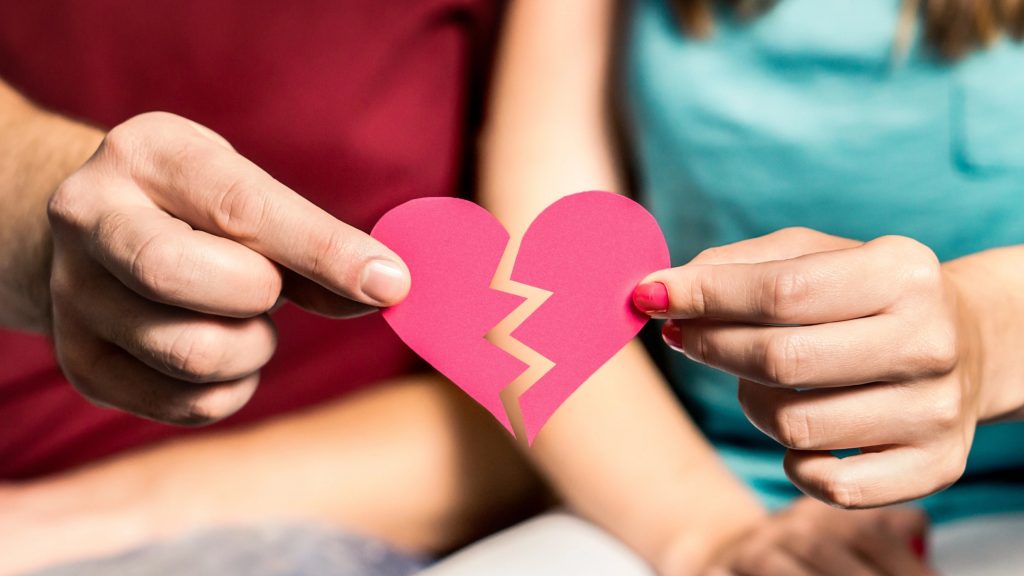How Long It Takes to Get Over Someone: A Guide to Healing After a Breakup

The end of a meaningful relationship often leaves us with one burning question: how long does it take to get over someone who once meant everything to us? Whether it was a long-term partnership or an intense but brief connection, the aftermath can feel overwhelming. While there’s no universal timetable for healing a broken heart, understanding the recovery process can provide comfort during this challenging time. The journey of moving forward varies significantly from person to person, influenced by numerous factors including relationship duration, attachment style, and the circumstances of the breakup. This guide explores the healing timeline, factors that influence recovery, and effective strategies for getting over someone who was once central to your life.
What Does It Mean to Get Over Someone?

Getting over someone doesn’t mean erasing them from your memory or never experiencing moments of sadness when reminded of them. Instead, it represents reaching a place where thoughts of your ex no longer dominate your daily life or cause intense emotional pain. True recovery means you’ve processed the relationship’s end, learned from the experience, and can move forward without the weight of unresolved grief or anger.
The journey of how long it takes to get over someone rarely follows a straight line. Most people experience cycles of progress and setbacks days of feeling strong followed by unexpected waves of grief or longing. This fluctuation is entirely normal and doesn’t indicate failure in your healing process.
Why Understanding the Timeline Matters

Having realistic expectations about how long it takes to get over someone can prevent unnecessary self-criticism. When you understand that healing takes time and varies widely between individuals, you’re less likely to judge yourself harshly for not moving on according to some arbitrary schedule.
Understanding typical recovery timelines also helps identify when healing has become problematic. If your symptoms remain severe far beyond expected timeframes, or if you’re engaging in self-destructive behaviors to cope, professional support may be beneficial.
Research shows that romantic rejection activates many of the same brain regions as physical pain, confirming that wondering how long it takes to get over someone isn’t merely dramatic it reflects genuine emotional trauma requiring time to heal.
How Long It Takes to Get Over Someone: Key Factors

Relationship Duration and Depth
Generally, longer relationships with greater integration into each other’s lives require more adjustment and grieving. However, some brief but intense connections can leave profound impressions that take considerable time to process.
While many cite the half the relationship rule (taking half the time you were together to heal), studies show recovery time varies too widely between individuals for such formulas to be reliable.
Breakup Circumstances

How a relationship ends powerfully influences how long it takes to get over someone:
- Mutual decisions with clear closure often facilitate smoother recovery
- Sudden, unexpected breakups typically require longer adjustment periods
- Betrayal or deceit adds complex layers of trust issues that extend healing time
- On-again, off-again patterns can significantly prolong the total recovery period
Attachment Styles
Your inherent attachment style plays a crucial role in determining how long it takes to get over someone:
- Secure attachment generally correlates with healthier coping mechanisms and more efficient recovery
- Anxious attachment may lead to preoccupation with the ex and difficulty letting go
- Avoidant attachment might initially mask pain through distancing but often delays genuine processing
Social Support Quality
The support system surrounding you significantly impacts how long it takes to get over someone. Quality connections offering the right balance of emotional validation and gentle encouragement toward healing activities can substantially accelerate recovery.
Recovery Timeline and Strategies
The Initial Aftermath: Weeks 1-4
The first month after a breakup is typically the most acutely painful period when considering how long it takes to get over someone. During this time:
- Allow yourself to grieve: Give yourself permission to feel the full spectrum of emotions without judgment.
- Establish boundaries: Consider a period of no contact to create emotional space. Remove or store triggering mementos.
- Maintain basic self-care: Focus on foundational needs like adequate sleep, nutrition, and gentle movement.
The Middle Period: Months 2-3
As the initial shock subsides, different challenges emerge in the journey of how long it takes to get over someone:
- Address rumination cycles: Practice mindfulness techniques to recognize when you’re caught in repetitive thoughts about the relationship.
- Rebuild routines: Begin establishing new patterns and reclaiming activities you enjoyed before or during the relationship.
- Process lessons: Consider what the relationship taught you about yourself, your needs, and your patterns.
Longer-Term Recovery: Months 4+
The later stages of determining how long it takes to get over someone involve deeper integration and growth:
- Reclaim your independent identity: Reconnect with aspects of yourself that may have been downplayed during the relationship.
- Address underlying patterns: Work with a therapist if you notice recurring relationship challenges.
- Cautiously consider dating: When genuine interest arises not just to escape loneliness carefully reflect on readiness for new connections.
Best Practices for Healthy Recovery
Balanced Reflection vs. Rumination
A critical distinction in determining how long it takes to get over someone lies between healthy reflection and unproductive rumination:
- Healthy reflection involves processing emotions and extracting meaningful insights
- Rumination consists of repetitive thought cycles that rehash the same concerns without resolution
Practices like time-limited journaling or talking with an objective friend can facilitate productive reflection while minimizing rumination.
Physical Activity for Emotional Healing
Exercise significantly impacts how long it takes to get over someone through multiple mechanisms:
- Releasing endorphins that counteract depression and anxiety
- Creating a sense of accomplishment when emotions feel overwhelming
- Improving sleep quality, which supports overall emotional regulation
Even gentle movement like walking offers meaningful benefits during emotional recovery.
Professional Support When Needed
Professional guidance can significantly reduce how long it takes to get over someone, particularly when:
- Grief remains debilitating beyond several months
- Depression or anxiety symptoms interfere with daily functioning
- Unhealthy coping mechanisms become problematic
Common Mistakes & How to Avoid Them
Rushing the Healing Process
One of the most common mistakes when wondering how long it takes to get over someone is attempting to accelerate healing through premature dating or emotional suppression. True recovery requires acknowledging grief rather than circumventing it.
Idealizing the Ex or Relationship
Selective memory that glorifies the relationship’s positive aspects while minimizing problems significantly extends how long it takes to get over someone. Challenge this tendency by maintaining a balanced perspective that acknowledges both the good qualities and the legitimate reasons it ended.
Maintaining False Hope
Interpreting ambiguous communications as signs of reconciliation significantly prolongs how long it takes to get over someone. This false hope keeps you emotionally invested in a relationship that’s ended rather than directing energy toward healing.
FAQs About How Long It Takes to Get Over Someone
Does the “half the relationship length” rule for recovery time actually work?
While the half the length of the relationship rule provides a rough framework for estimating how long it takes to get over someone, healing timelines vary too significantly between individuals for this formula to be reliable. Factors including attachment style, breakup circumstances, and available support often influence recovery more than relationship duration alone.
Is it normal to feel fine initially and then crash emotionally weeks later?
Yes, delayed grief reactions are common when determining how long it takes to get over someone. Initial shock or relief can temporarily mask deeper emotions, creating a period of apparent well-being before grief fully emerges.
How do I know if my difficulty getting over someone is normal grief or depression?
While sadness is expected when measuring how long it takes to get over someone, clinical depression requires different intervention. Watch for these distinction indicators:
- Normal grief typically comes in waves with periods of relief; depression maintains consistent intensity
- Grief usually preserves your sense of self-worth; depression includes persistent worthlessness
- Normal recovery maintains basic functionality; depression often disrupts sleep, appetite, and daily activities for extended periods
Does getting under someone new help you get over someone faster?
Despite popular advice, rebound relationships generally don’t accelerate how long it takes to get over someone and may complicate recovery. While brief distraction can temporarily relieve pain, meaningful healing requires processing grief rather than transferring emotional needs to a new person.
The question of how long it takes to get over someone rarely has a simple answer. Your journey through heartbreak follows a timeline as unique as your relationship itself. Rather than measuring recovery against external benchmarks, focus on your individual healing process and the gradual lightening of emotional pain over time. The end of a significant relationship represents both a loss and an opportunity a chance to reconnect with your independent identity, clarify your needs and values, and eventually open yourself to deeper connections informed by this experience. While determining exactly how long it takes to get over someone may remain elusive, trust that with appropriate self-care, support, and patience, the acute pain will subside, making way for new growth and possibilities.
-
 How to Support Someone with OCDApril 17, 2025
How to Support Someone with OCDApril 17, 2025 -


Leave a Reply